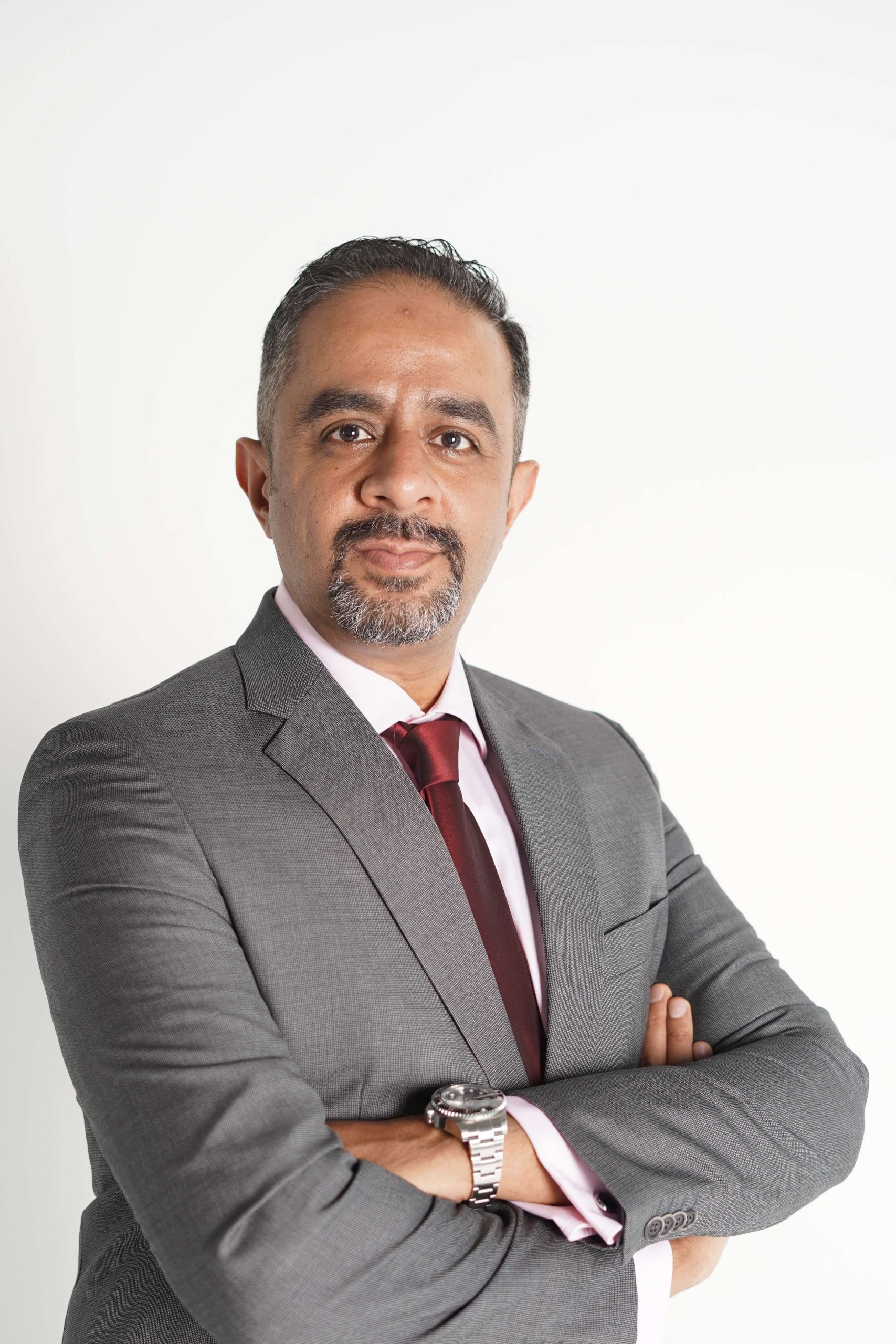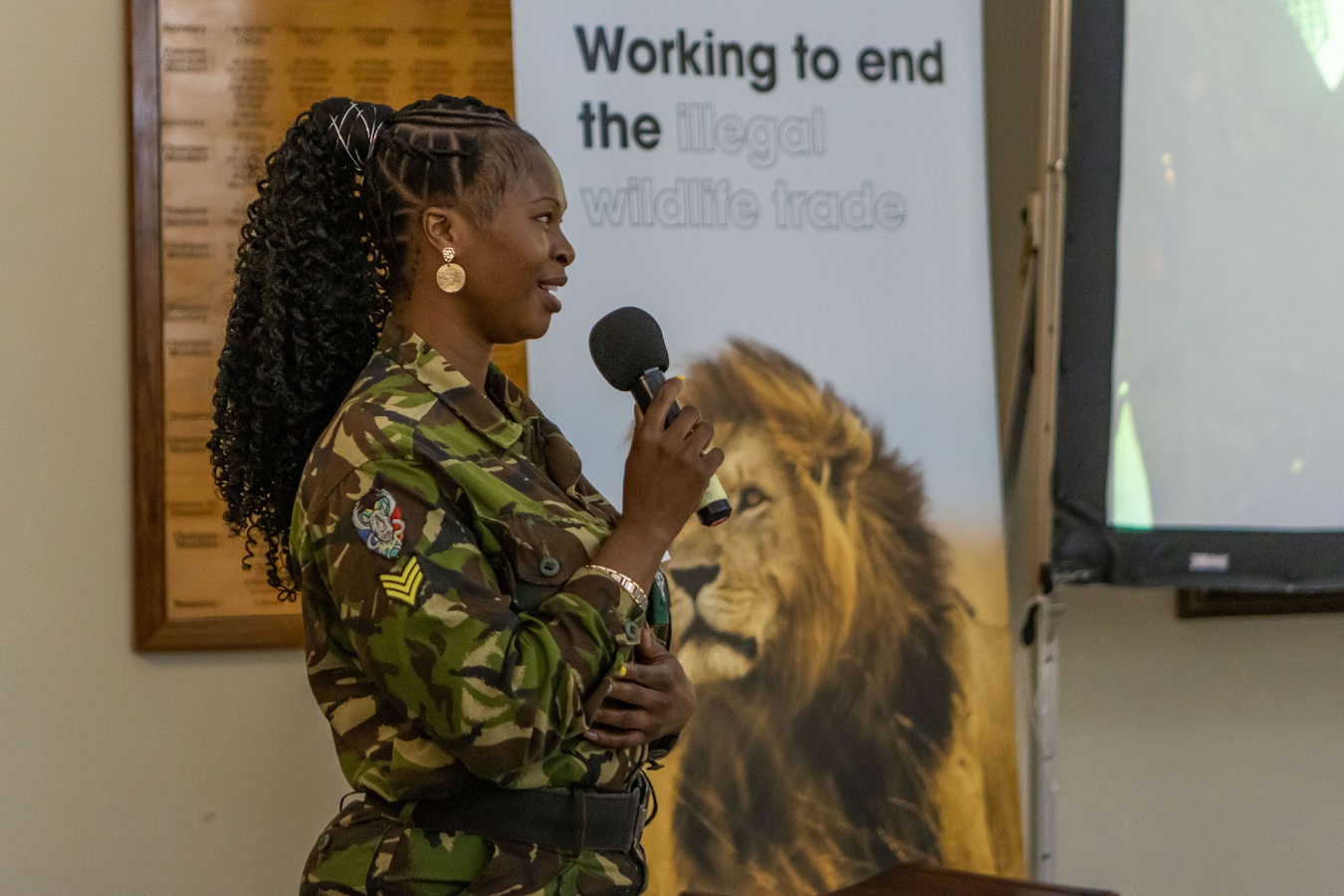
Faizal Bhana, Director – Middle East, Africa and India, Jersey Finance
The pandemic underscored the importance of integrating the next generation, or NextGen, into the family business. Many families experienced tragedies, losing their patriarch or matriarch, propelling their next generation to senior roles, for some reluctantly. Succession planning and governance for families has been back in the spotlight since, highlighting its critical importance for business continuity.
At the same time, regulatory and political landscapes are becoming increasingly complex and those working to advise families must adapt and be ready to navigate an ever-changing business environment.
Family businesses in Africa make a considerable contribution to the economic prosperity of the continent and this is likely to be the case in the long-term future too. According to the AfrAsia Bank Africa Wealth Report, total individual wealth held in Africa is expected to rise by 30% over the next 10 years, reaching US$3.1 trillion by 2027. Furthermore, research by Knight Frank established that close to 4,400 individuals will join the league of UHNWIs in Africa between now and 2026, a growth rate of 33% – the fastest in the world after Asia. NextGen wealth in Africa can in part be attributed to those set to inherit or are already involved in a family business.
What characterizes NextGen is their truly global outlook. Many have studied away from their home countries at top global universities, and as digital natives – expecting access to information 24/7, 365 – their demands differ from older, founder generations. This digital exposure also brings to life different beliefs and systems in the business which is a competitive edge in a fast-moving market place.
For Africa’s NextGen, there are plenty of reasons to be optimistic.
Family businesses have proved themselves adept at navigating the past three years of unprecedented disruption. In East Africa, for instance, PwC’s East Africa Family Business Survey results found that three quarters of family business owners surveyed felt they had a ‘clear sense of their company and family values’ to lead their business through the pandemic. Many NextGen were in fact already involved in the family business with some successfully at the helm in a planned and agreed transition.
Family businesses understand that digital transformation, innovation and technology open global opportunities; reshaping the way they do business. According to the same PwC survey, more than half of family-owned companies plan to expand into new markets or client segments, while three quarters consider digital, technology and innovation initiatives key priorities.
Similarly, in terms of innovating in technology, we also see firms in Jersey are alive to this trend and are scaling up their adoption of regtech and wealthtech solutions to support their compliance, reporting and anti-money laundering (AML) obligations; and enhance their onboarding processes. For Jersey firms, advising and supporting African families and family businesses now involves discussion around technological capabilities and incorporation of digital solutions.
While hosting our Jersey Finance roadshow in Nairobi last year, experts from Jersey who have worked with Kenyan family businesses and clients for decades shared their observations on a renewed focus on the attractiveness for Kenyan families looking to structuring and assets, within the prism of robust internal governance both at the family and the business level.
Planning, managing and executing succession plans are vital in ensuring continuity – for the family business and the region’s economy. Formal and planned transitions that are transparent and agreed in consultation with the whole family help smooth the process; they bring harmony between management and shareholders, reassuring that the company’s culture remains intact, and its long-term strategy remains aligned with the business’s ambitions.
This is a topic I will be exploring with leading East African family business advisors at Jersey Finance’s inaugural event in Mombasa, Kenya, hosted in partnership with CMS Daly Inamdar Advocates.
Many family businesses in Africa are reaching a critical stage in their succession – second-generation family members are already being integrated into business operations.
One such example in West Africa is Nigeria’s Bella Disu – the daughter of Glo Mobile Founder, Dr Mike Adenuga – who is now the successful Vice Chair of Globacom, her father’s telecoms company. She is also the Executive Director of Julius Berger Nigeria PLC, one of the biggest construction companies in Nigeria, part of their family group. Planning for the succession of a long-standing family business can be complex and lengthy but a planned and inclusive transition will result in longevity and sustainability of the family businesses. There will undoubtedly be conflicts – professional governance policies akin to corporate-level governance will need to be in place to minimise potential disruption and provide a mechanism to deal with the conflicts with minimum impact to the business operations.
Involving the next generation of business leaders is one such key consideration for the wealth advisory community who work with African family businesses. They will need to have a long-term vision and be innovative and agile; they will need to be attuned to the changing mood of governments, consumers and investors, who now have sustainability firmly embedded in their minds.
Family-owned firms have proved their resilience decade after decade. Never more so than during the pandemic and now through the complex geo-political tensions both continentally and globally. If they can involve the younger generations and embrace technology and sustainability with a clear strategic focus, they will again prove their resilience.
This is a journey for the family and its businesses. No quick-fix will provide a long-term, robust and sustainable future-proof solution. The first step is to engage and procure credible, experienced and trusted expertise.


